Kuwaiti adventurer Yousef Al-Refaie’s quest to document the planet’s most extreme environments
DUBAI: Kuwaiti mountaineer and adventurer Yousef Al-Refaie doesn’t make it easy for himself. For his upcoming documentary series “Earth’s Extremes,” Al-Refaie decided to visit the hottest, driest, wettest and coldest inhabited places on Earth.
Set to air in the first quarter of 2025, the series will consist of four 45-minute episodes and showcase Al-Refaie’s insatiable curiosity, which has driven him to explore the most extreme environments on the planet.
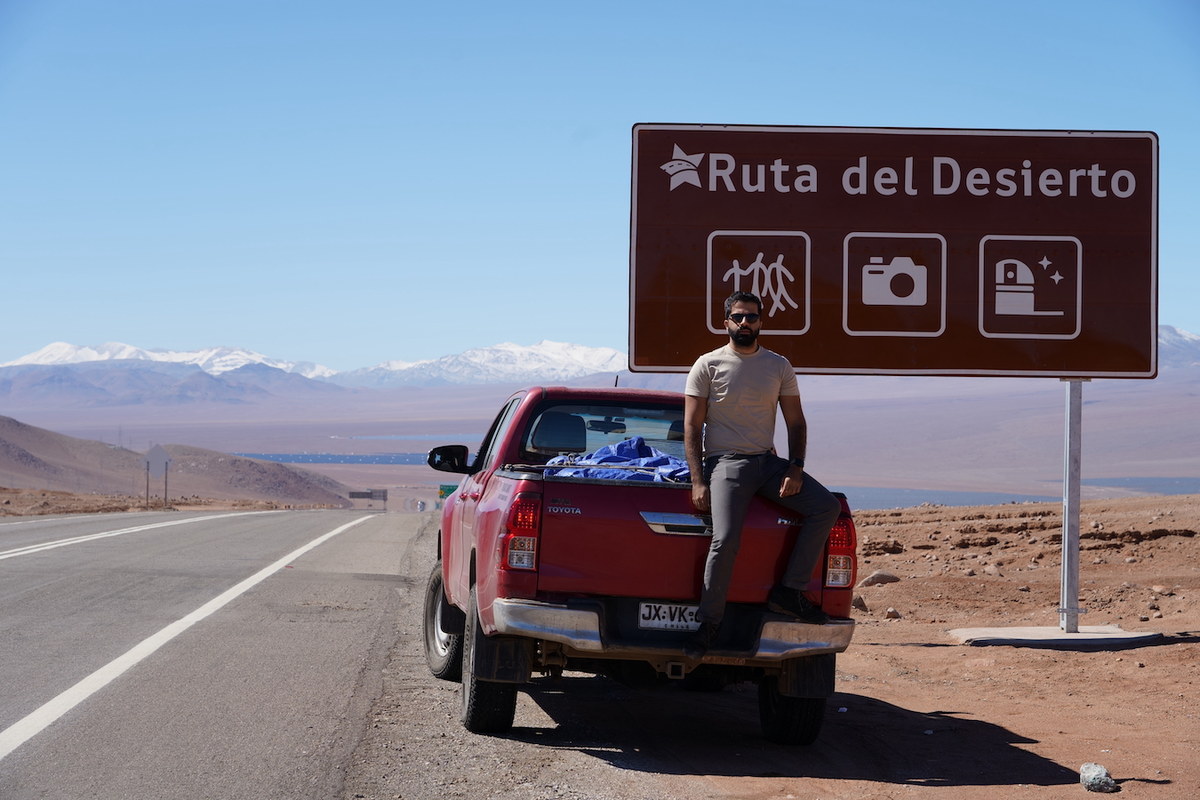
That curiosity began back in childhood, Al-Refaie tells Arab News. “I was a very curious child,” he recalls. “I would open any magazine I could find and tear apart toys to see how they worked.”
Growing up, he had access to a vast library of adventure books and National Geographic magazines. “I was fascinated by pictures of mountains and exotic places,” he says.
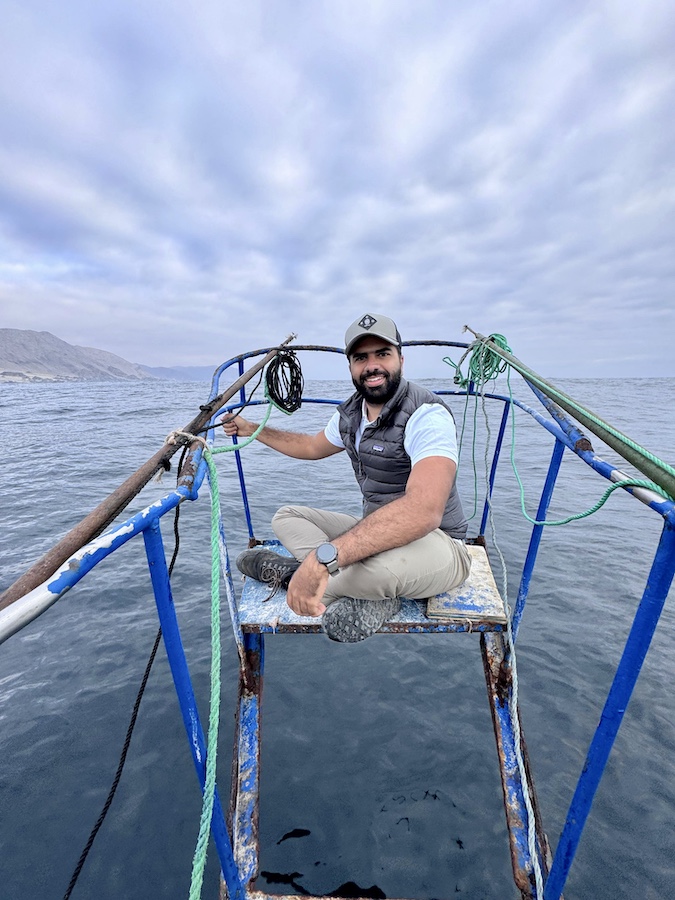
After dropping out of law school, he came across an Instagram post about climbing Africa’s highest peak.
“I told my parents I wanted to go before starting my new major,” he explains. “I ended up climbing Mount Kilimanjaro, and although I initially hated the experience — living in a small tent and enduring the climb — I eventually caught the adventure bug.”
He went on to complete a double major in political science and public administration but, he says, during every vacation, “instead of traveling with friends or family, I would go to mountains.”
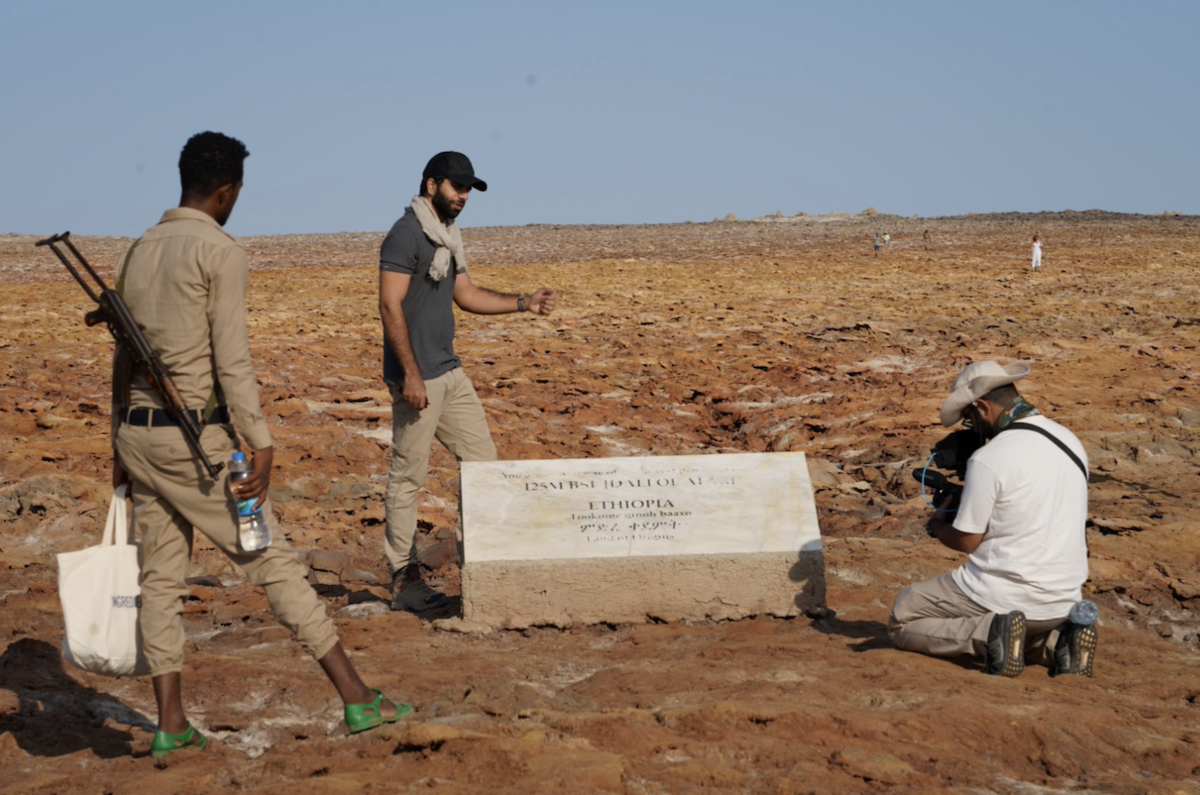
So far, Al-Refaie and his team have completed filming on three episodes of “Earth’s Extremes.” The “Wettest” episode was shot in July 2023 in the rain-soaked landscapes of Mawsynram and Cherrapunji in India; the “Hottest” episode was filmed in December 2023 in the scorching Afar region of Ethiopia; and the “Driest” episode in the Atacama Desert in Chile, in April and May of this year.
The team meticulously researched and analyzed maps, discovering that many locations they would visit were either just names, with no information readily available, or ruins of abandoned towns.
“We live in an era where everything is at our fingertips; I can search for anything and find the answer. But that was not the case for the Atacama Desert and Quillagua (an oasis in Chile recognized by Guinness World Records as the driest place on Earth),” he explaines. “We had to go to every station near Quillagua and gather all the records from the 1960s and 1970s. The most recent records they had were from 2003 and 2004.”
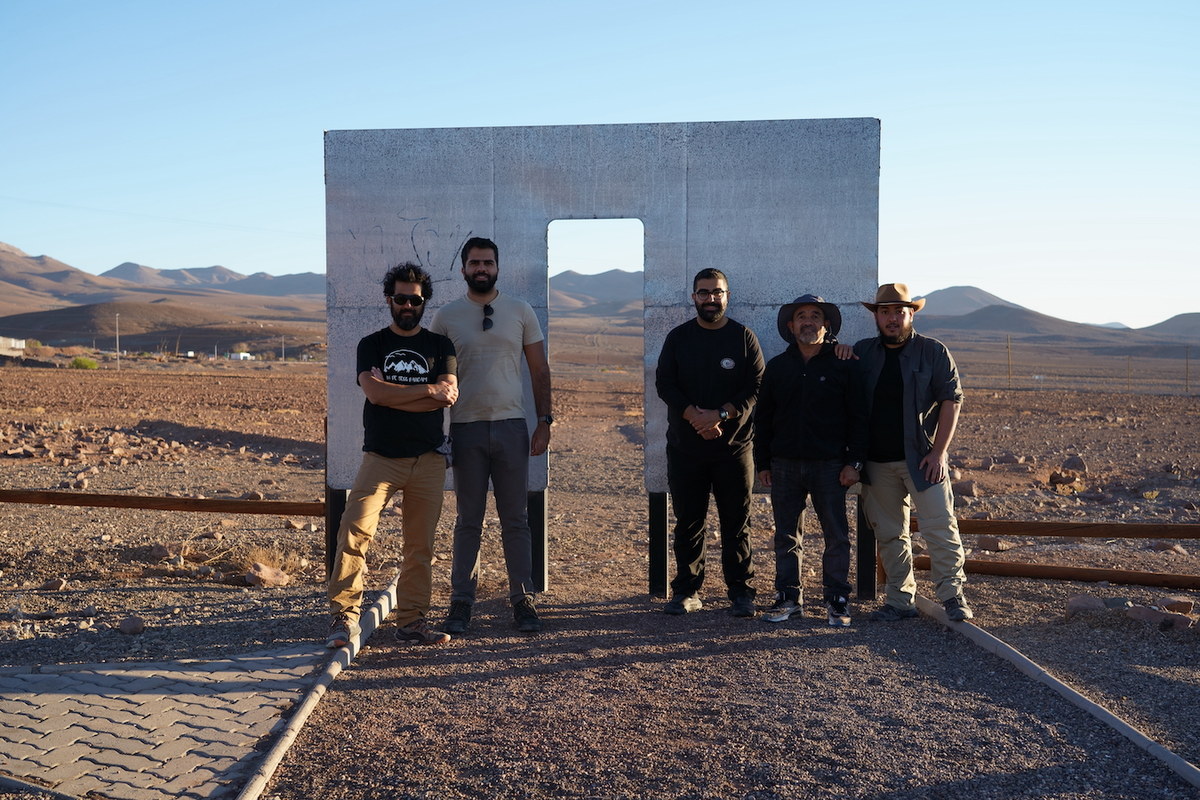
Another significant challenge he encountered in Chile was the language barrier. “The first time (we went), I couldn’t pronounce the name of any of the towns,” he says.
Meticulous preparation is key for all Al-Refaie’s expeditions, he stresses. “Planning, reading, and asking people questions are the three most important things to do before our trips,” he says. “Locals, especially, play a big role in this. I’ve met scientists and meteorologists, but the most valuable information I’ve received came from a former prisoner of the old dictator of Chile. He owns a museum now. He does not have a degree and he did not study, but he knows the area extremely well. You’d be surprised at the insights you can gain from the people you might least expect to. It’s like a puzzle, and my role is to piece everything together to make the journey successful.”
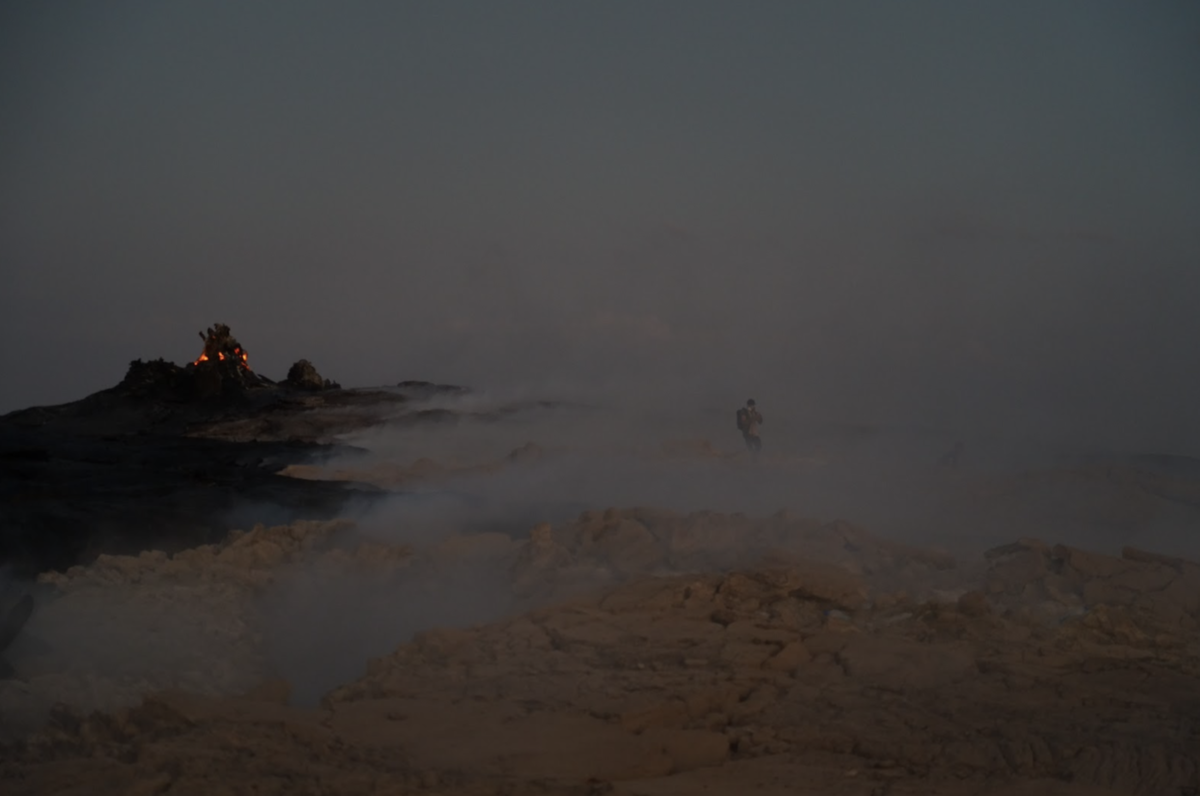
Combining insights from experts and locals ensures a well-rounded understanding of each location, he adds.
Despite being the wettest place on Earth, when Al-Refaie and his team arrived in Mawsynram and Cherrapunji, there was no rain for two weeks. “That opened up a new aspect of the expedition — the world is really changing. If there’s no rain in the wettest place on Earth, there’s definitely something wrong,” he says. “The weather is becoming unpredictable, and those communities rely heavily on agriculture. For eight months of the year, they have rain, but outside of those eight months, they have to buy water from other villages because they do not have dams. They live in extreme conditions, and this is a lesson in resilience and adaptability.”
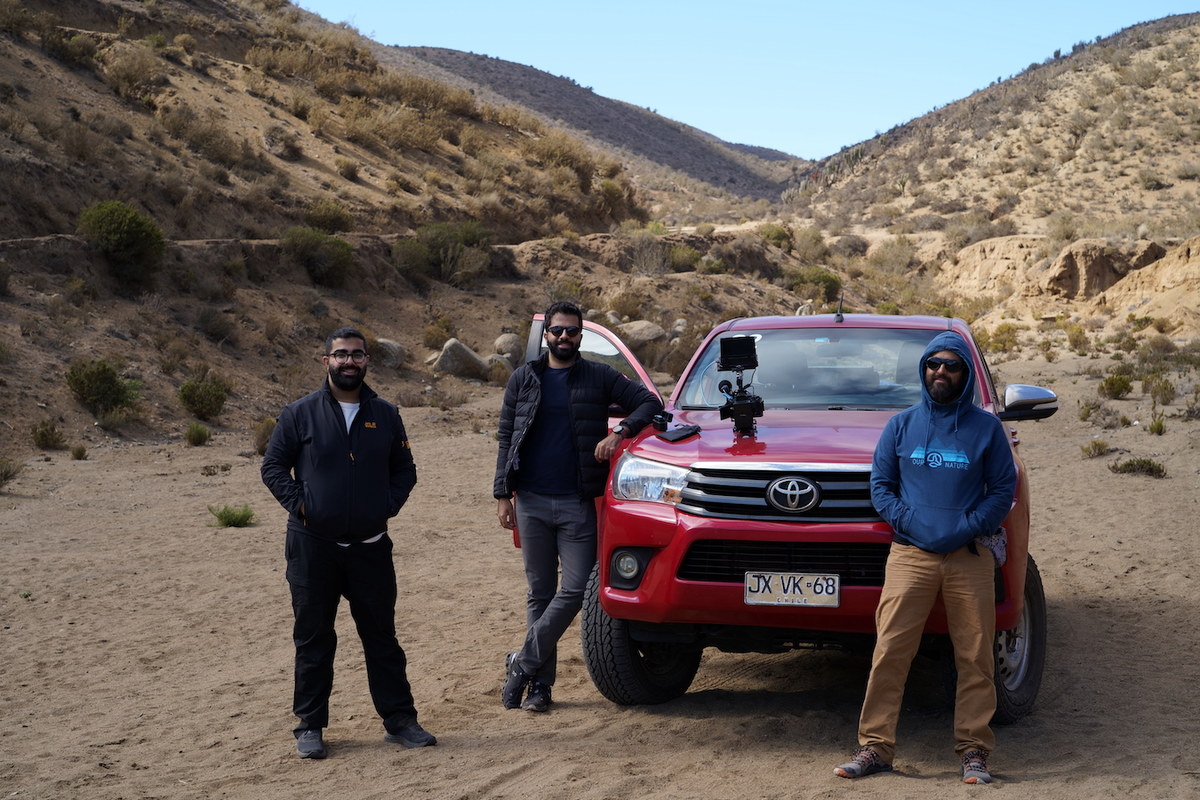
The final episode will take Al-Refaie to Oymyakon in Siberia, the coldest inhabited place on the planet. Filming is scheduled for December.
In addition to the documentary, the adventurer plans to release an accompanying book and photobook. All proceeds from the photobook sales will be donated to support communities living in these extreme environments.
And with the documentary nearing completion, Al-Refaie is already gearing up for his next major challenge: an ambitious endeavor, set for 2026, that will see Al-Refaie and his team attempting to summit three peaks in Asia, rumored to be volcanoes.
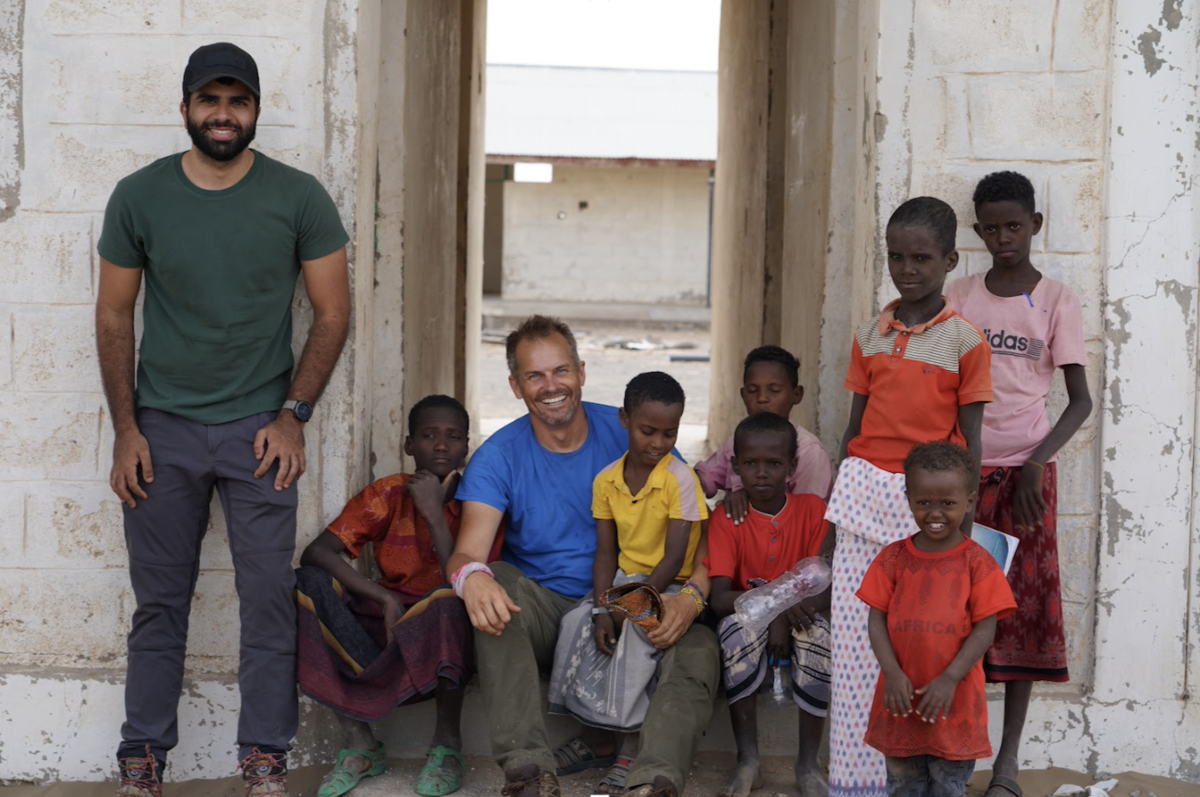
“One of our primary goals is to determine whether these mountains are actually volcanoes,” he said. “If they turn out to be, it would mean the current Volcanic Seven Summits list — which has been completed by more than 30 individuals, including myself — is incorrect. The highest volcano in Asia is currently considered to be Mount Damavand in Iran, but these peaks could change that.”
Al-Refaie’s team for the trip, who come from the UK, Hungary, the US and Kuwait, is diverse, comprising not just mountaineers but also geographers, geologists and filmmakers. “This expedition is not just about climbing; it’s about discovery and potentially correcting a significant aspect of mountaineering history,” he says.
Al-Refaie encourages other adventurers to break away from conventional paths and seek unique experiences. “Sadly, I always see the same things being done over and over,” he said. “People often think of adventures as climbing Mount Everest, a mountain that has been summited over 7,000 times. Instead, think outside the box. Do what intrigues you.”
Al-Refaie believes true exploration involves venturing into the unknown and bringing back new information. “Exploration is about going to a place and discovering something new. There is no sense of accomplishment in doing something that has already been done countless times,” he says. “If you really want to explore, you have to step out of your comfort zone and seek out the unknown.”










